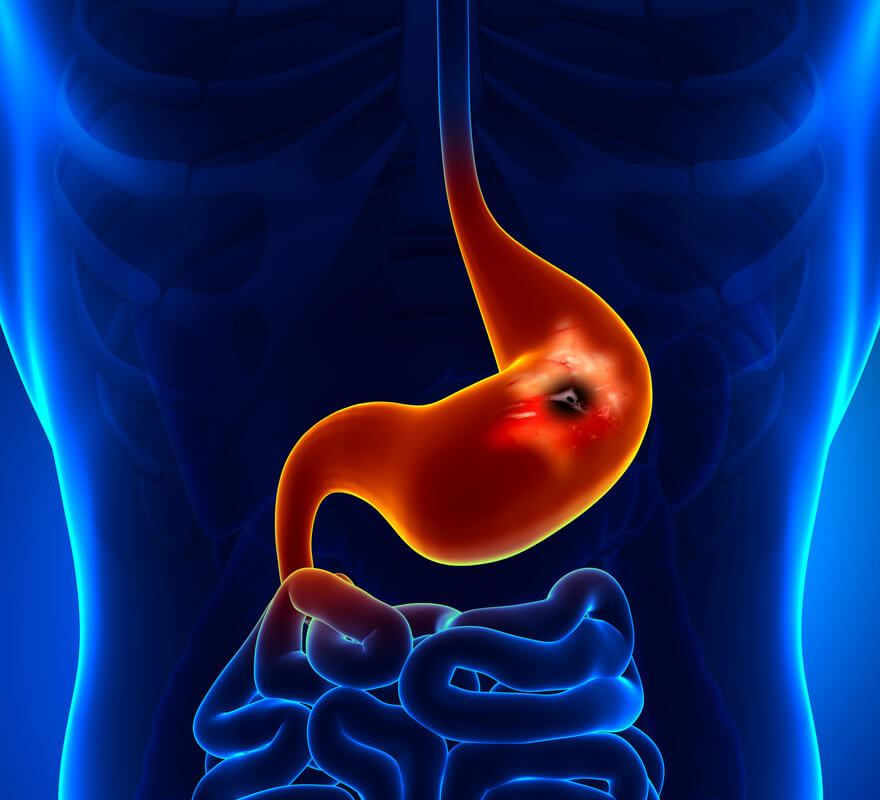Healthy Eating Habits for a Happy Gut
posted: Oct. 05, 2023.

Healthy eating habits are crucial for your overall well-being. They provide your body with essential nutrients and support various bodily functions. Incorporating these habits into your life can lead to improved health, increased energy levels, and a reduced risk of chronic diseases.
To start, focus on a balanced diet that includes a variety of fruits, vegetables, lean proteins, whole grains, and healthy fats. Limit your intake of sugary and processed foods. Portion control is ideal; aim for smaller, regular meals to maintain stable energy levels. Make gradual changes to your diet. Start by swapping out unhealthy snacks for healthier options like nuts or yogurt. Cook at home more often to have control over ingredients. Stay hydrated by drinking plenty of water throughout the day.
It might be time to contact a gastroenterologist if you experience digestive issues like persistent bloating, diarrhea, or abdominal pain. They specialize in diagnosing and treating gastrointestinal problems. Don't hesitate to seek their expertise for concerns beyond basic indigestion, as early intervention can be crucial in managing conditions like irritable bowel syndrome, Crohn's disease, or colorectal cancer.
Healthy Eating Habits for a Happy Gut
To nurture your gut, consider these simple yet effective practices. Incorporate a variety of fiber-rich foods into your diet. Aim for at least 25-30 grams of fiber daily from whole grains, fruits, vegetables, and legumes. Fiber nourishes your gut bacteria and promotes a balanced microbiome.
Prioritize probiotics. Include fermented foods like yogurt, kefir, sauerkraut, and kimchi in your meals. These goodies introduce beneficial bacteria to your gut, aiding digestion and immunity. Limit processed foods and added sugars. They can disrupt the harmony of your gut flora and lead to inflammation. Choose natural sugars from fruits and honey instead.
Don't forget to hydrate. Drinking plenty of water supports digestion and helps maintain the mucus lining in your gut, protecting it from damage.
Lastly, listen to your body. Pay attention to how different foods make you feel. Consider experimenting with what works best, as individual food responses could vary. Incorporating these habits into your daily life can lead to a happier, healthier gut, boosting your overall well-being.
How a Gastroenterologist Can Improve Your Gut Health
A gastroenterologist enhances gut health by diagnosing and treating various digestive disorders. They employ cutting-edge diagnostic tools like endoscopy and colonoscopy to identify issues such as irritable bowel syndrome (IBS), Crohn's disease, or ulcers.
Once diagnosed, they develop personalized treatment plans, often incorporating dietary and lifestyle adjustments. Gastroenterologists may prescribe medications or recommend supplements to alleviate symptoms and promote gut healing.
Additionally, they advise maintaining a balanced diet rich in fiber, probiotics, and prebiotics, which fosters a healthy gut microbiome. Regular check-ups with a gastroenterologist can help prevent and manage digestive problems, ultimately improving overall gut health.
Please explore our website to learn about the conditions we treat and the services provided. Don't let digestive discomfort control your life. Consult our experienced gastroenterologist today and take the first step towards a healthier, happier you.
Contact Us
Our Location
Find us on the map
Hours of Operation
Our Regular Schedule
Monday:
8:00 AM-4:00 PM
Tuesday:
8:00 AM-4:00 PM
Wednesday:
8:00 AM-4:00 PM
Thursday:
8:00 AM-4:00 PM
Friday:
8:00 AM-4:00 PM
Saturday:
Closed
Sunday:
Closed

